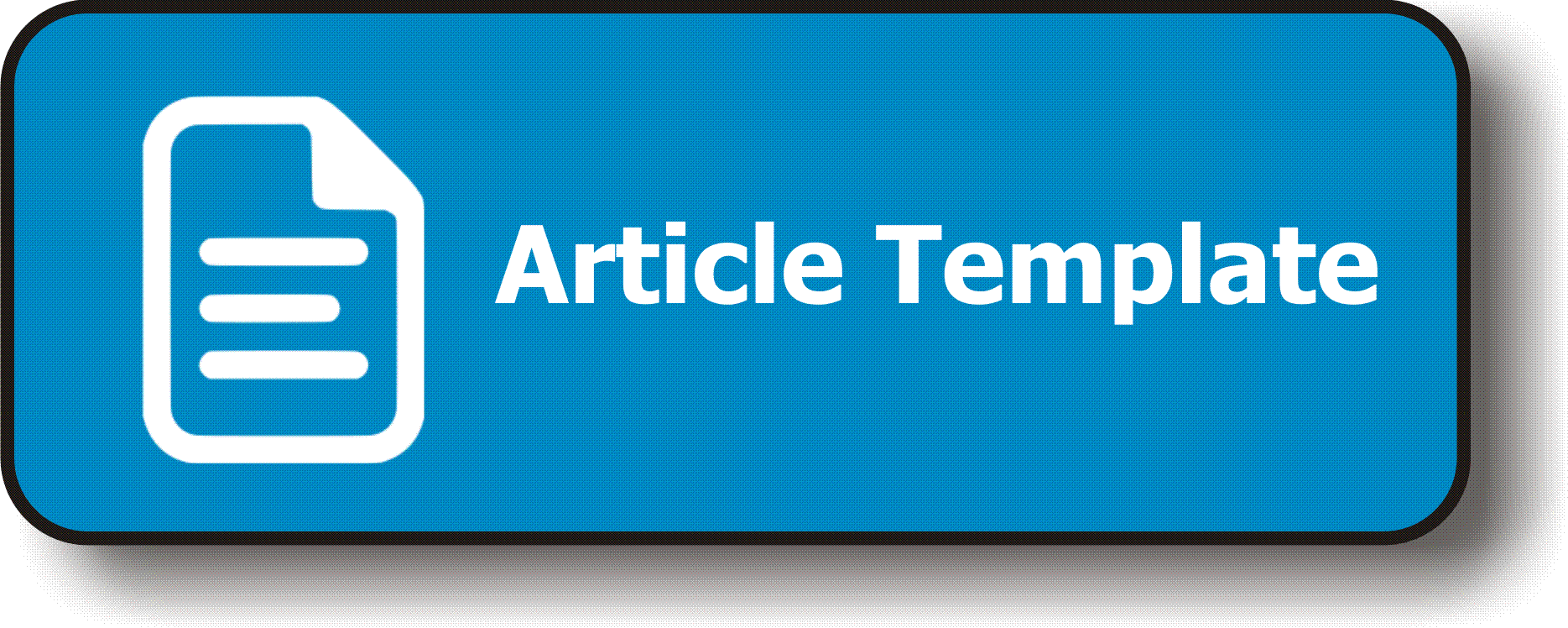DEVELOPING MOBILE LEARNING MANAGEMENT SYSTEM (MLMS) BASED ON ANDROID FOR CURRICULUM LITERACY
Abstract
This research on instructional innovation aims to develop an application of Mobile Learning Management System (mLMS) based on Android Honeycomb as a medium for college students to increase their master of the basic professional course, with broader access and richer content packaged in multimedia. The problem under research is “How does the development of a model mobile Learning Management System (mLMS) based on Android Honeycomb as students’ learning medium improve the quality of the teaching learning and accessibility of basic professional courses, especially for the Curriculum and Instruction course in Universitas Pendidikan Indonesia? The research adopted the development model of Thiaragajan, Semmel, & Semmel, consisting of “define, design, and develop.” The subjects were students taking the professional basic course of Curriculum and Instruction in the Department of Accounting Education A and Department of German Education B. The instruments used were online questionnaires and tests.
The findings show: (1) The development of mobile Learning Management System (mLMS) based on Android Honeycomb was carried out through the stages of needs analysis of the model, development of conceptual framework, and development of software requirement; (2) The model of mobile Learning Management System (mLMS) based on Android Honeycomb consists of three stages, namely pre-learning activities, learning, and post learning; (3) The use of mobile Learning Management System (mLMS) based on Android Honeycomb was able to increase the learning outcomes in the course of Curriculum and Instruction in UPI. The increase can be seen in the post-test scores that were greater than the pre-test scores; and (4) Students’ responses and perceptions of the use of the application of mobile Learning Management System (mLMS) based on Android Honeycomb in the course of Curriculum and Instruction in general were good and positive.Keywords
Full Text:
PDFReferences
Asian Develpment Bank, UNESCO. (2005). “Mobile Learning for Expanding Educational Opportunities.”
Attewell, Jill & Savil - Smith, Carol. (2004). “Mobile Devices Research and Development. ”Learning And Skill Development Agency.
Attewell, Jill. (2004). “Mobile Technology and Learning: Learning and Skills Development Agency.”
Andreas Holzinger & Alexander Nischelwitzer. Mobile Phones as a Challenge for m-Learning: Examples for Mobile Interactive Learning Objects (MILOs).
Alavi, M., &Gallupe, R. B. (2003). Using Information Technology in Learning: Case Studies in Business and Management Education Programs. Academy of Management Learning and Education, 2(2), 139–153.
Anderson, Ronald H. (1983).Selecting and Developing Media for Instruction. New York: Van Nastrand Reinhold Company.
Allesi, Stephen M &Trolip, Stanley R. (1985). Computer Based Instruction, New Jersey, Prentice-Hall.Inc.
Alberta Assessment Consortium. (2002).How to Develop and Use Performance Assessments in the Classroom. Edmonton, AB: Alberta Assessment Consortium.
Bloom, B.S. &Kratwhwal, D.R. (1984). Taxonomy of Educational Objective: Handbook 1: Cognitive Domain. White Plains. NY: Longman.
Ben Bachmair, Nobert Pachler, John Cook (2011). Mobile Learning Towards Curricular Validity in the Maelstrom of the Mobile Complex. Medien Padagogik Zeitschriftfür Theorie und Praxis der Medienbildung ISSN 1424-3636. ThemenheftNr. 19: Mobile Learning in Widening Contexts: Concepts and Cases
Borg, Walter R, &Gall. (1979).Educational Research: An Introduction. New York: Longman.
DwiMasfufah (2015). Pengembangan Media Pembelajaran Mobile Learning (M-Learning) Berbasis Android pada Materi Virus UntukSiswaKelas X SMA/MA. Program Pendidikan Biologi Fakultas Sains dan Teknologi Universitas Islam Negeri Sunan Kalijaga Yogyakarta http://digilib.uin-suka.ac.id/19945/1/11680055_BAB-I_IV-atau-V_DAFTAR-PUSTAKA.pdf
Olivia Annisa Tifani . (2016). Teachers’ Readiness in Using Mobile Devices for Proceedings of the International Mobile Learning Festival 2016 : Mobile Learning, Emerging Learning Design & Learning 2.0, May 27-28, 2016, Bangkok, Kingdom of Thailand.
Kevin Burden (2016). A Snapshot of Teacher Educators’ Mobile Learning Practices. Mobile Learning, Emerging Learning Design & Learning 2.0, May 27-28, 2016, Bangkok, Kingdom of Thailand.
DOI: https://doi.org/10.17509/edulib.v8i2.13599
DOI (PDF): https://doi.org/10.17509/edulib.v8i2.13599.g8155
Refbacks
- There are currently no refbacks.
Copyright (c) 2018 Edulib

This work is licensed under a Creative Commons Attribution-NonCommercial-ShareAlike 4.0 International License.

This work is licensed under a Creative Commons Attribution-ShareAlike 4.0 International License.





